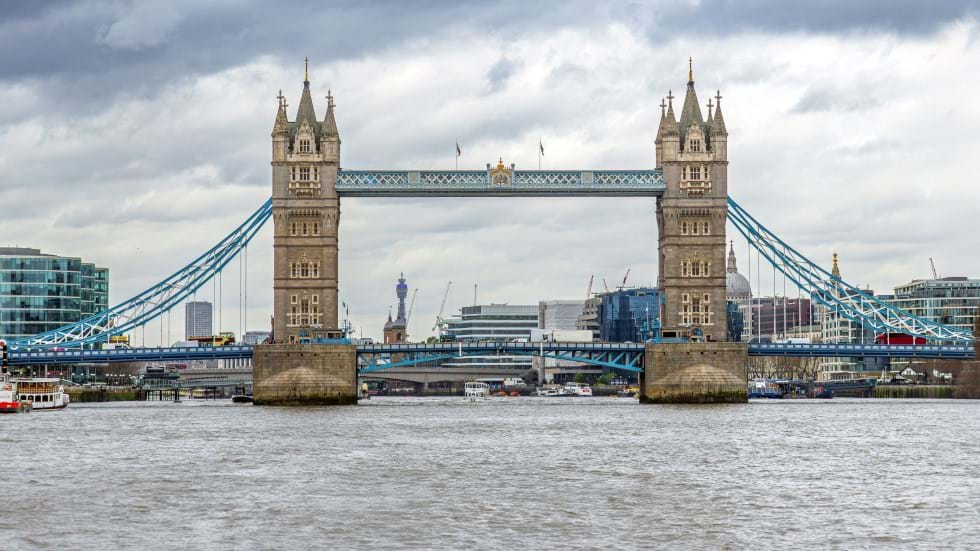UEL to use River Thames to power campus

NATURAL heat from the River Thames will be used by the University of East London (UEL) to power its Docklands campus, using an innovative heat pump system.
With its design partner Siemens, UEL will install a water-source heat pump (WSHP) that will extract energy from the Thames to heat its Docklands Campus Library and Royal Docks Centre for Sustainability.
UEL says the system would reduce its CO2 emissions by 258 t/y and help it potentially generate the lowest carbon emissions per student nationally by 2026.
Amanda Broderick, UEL president, said: “Through our strategic partnership with Siemens, we are accelerating towards our 2030 net zero targets, delivering cutting-edge solutions that will benefit all the communities we serve, and the planet.”
WSHP
Replacing the campus’ existing gas boilers, the WSHP will use a closed-loop system to extract energy from the Thames using a network of submerged pipes.
A closed-loop system involves passing anti-freeze solution through sealed pipes which can absorb heat from the body of water the process is submerged in.
In 2023, around 39,000 heat pumps were installed in the UK, with 2,469 being ground or water-source heat pumps. Though not installed at the same rate as air-source heat pumps due to cost constraints, WSHPs have been found to be more efficient as they are able to keep heat at higher temperatures for longer, according to the University of Strathclyde.
Net Zero goals
The project is part of an ongoing partnership between UEL and Siemens to deploy various decarbonisation technologies across its campuses, including the Stratford campus.
Since the partnership began in 2022, Siemens has installed solar panels, which can generate 1.2 GWh/y of electricity, and 27 electric vehicle charging points at the Docklands campus.
UEL projects that the partnership will save £500,000 (US$648,000) annually in utility costs and reduce its emissions by more than 1,000 t/y.
Recent Editions
Catch up on the latest news, views and jobs from The Chemical Engineer. Below are the four latest issues. View a wider selection of the archive from within the Magazine section of this site.




